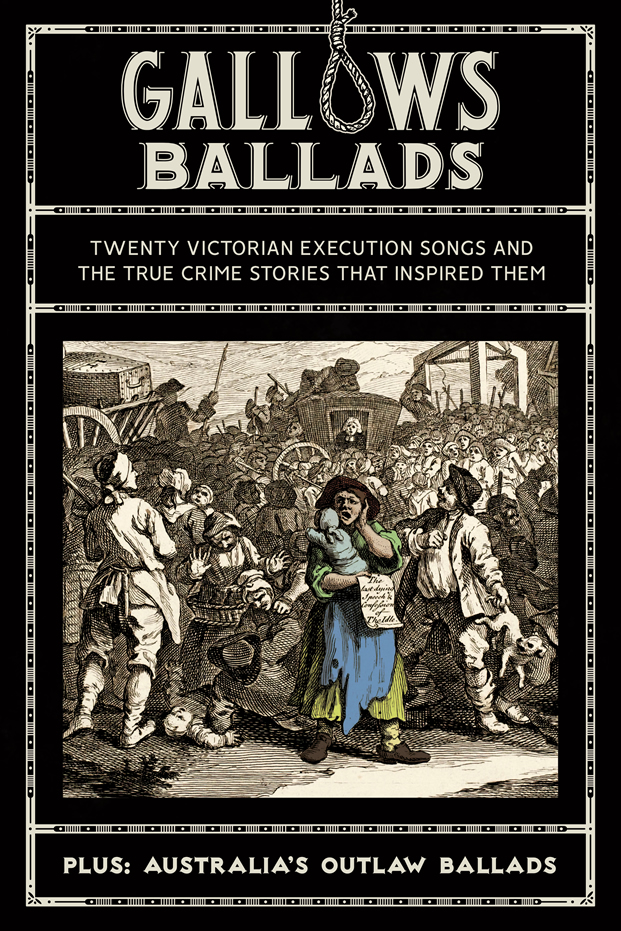The Surprising History of "Kibosh"
OK, guys, back to the thread topic...
Here's a slang term I would never have thought was connected to executions: kibosh. As in "Oh no you don't, I'm putting the kibosh on that!" The Merriam-Webster Dictionary defines "kibosh" as: "Put an end to; dispose of decisively."
In common usage "Putting the kibosh on" is an informal way of saying someone is putting a stop to something. I never really thought about its origins before, but by the sound of the word I'd have guessed it was of Jewish origin, kind of like "knish" (that yummy NY street food).
It's believed that "Kibosh" originated as the old Gaelic term "cie bais", pronounced "kie bosh", meaning "cap of death". This was the black skullcap donned by Irish judges prior to delivering a death sentence. It evolved into the piece of black linen fabric a judge in the UK would solemnly place over his head before sentencing a prisoner to death. So if the judge put the "cie bais"/ "kibosh" on, someone's life was being ended.
Charles Dickens was one of the first to use the slang term "kibosh" in print. This was in 1836, and he spelled it "ky-bosk" as it was spoken by a character with a strong Cockney accent.
Ain't language marvelous?
Best regards,
Archaic
OK, guys, back to the thread topic...

Here's a slang term I would never have thought was connected to executions: kibosh. As in "Oh no you don't, I'm putting the kibosh on that!" The Merriam-Webster Dictionary defines "kibosh" as: "Put an end to; dispose of decisively."
In common usage "Putting the kibosh on" is an informal way of saying someone is putting a stop to something. I never really thought about its origins before, but by the sound of the word I'd have guessed it was of Jewish origin, kind of like "knish" (that yummy NY street food).
It's believed that "Kibosh" originated as the old Gaelic term "cie bais", pronounced "kie bosh", meaning "cap of death". This was the black skullcap donned by Irish judges prior to delivering a death sentence. It evolved into the piece of black linen fabric a judge in the UK would solemnly place over his head before sentencing a prisoner to death. So if the judge put the "cie bais"/ "kibosh" on, someone's life was being ended.
Charles Dickens was one of the first to use the slang term "kibosh" in print. This was in 1836, and he spelled it "ky-bosk" as it was spoken by a character with a strong Cockney accent.
Ain't language marvelous?

Best regards,
Archaic





Comment